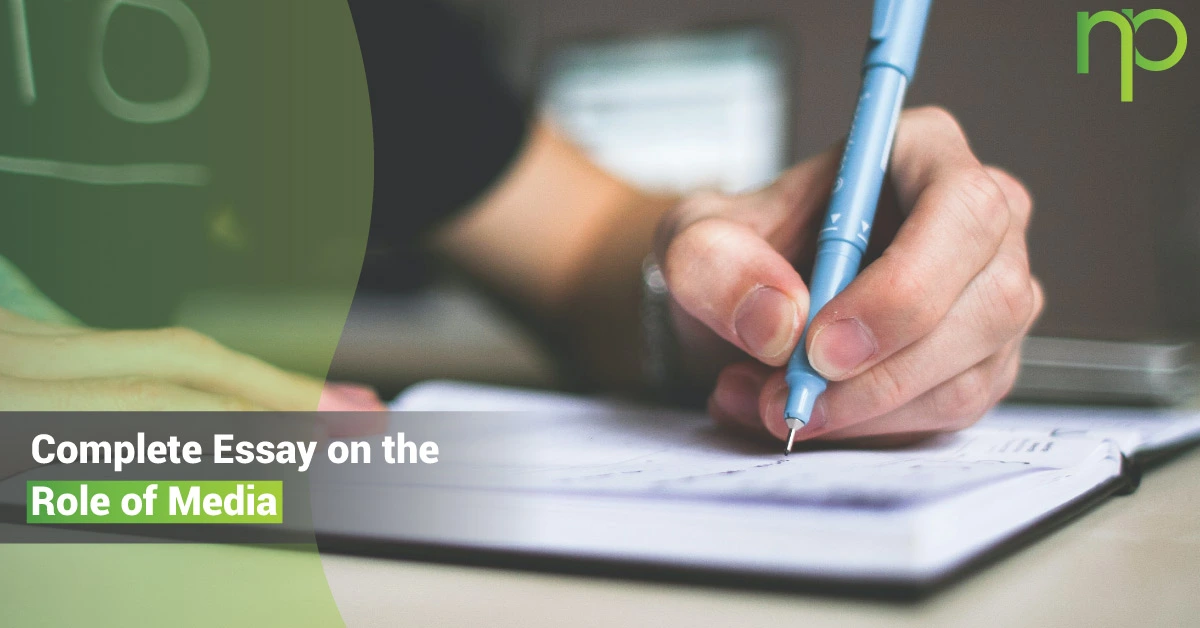
- December 5, 2023
- ubaidah khan
- 0
Media, in its various forms, plays a vital part in shaping the understandings, postures, and values of individuals in society. As an important tool of communication, the media serves as a ground between information and the public, impacting public opinion, shaping artistic morals, and acting as a watchdog for societal affairs.
Educating and Informing Public:
Educating and informing the public about country and worldwide situations and providing them exact knowledge about that situation is one of the primary function of the media. Through journals, TV, radio, and the internet, the media disseminates news, current affairs, and educational content to a vast followership. This information helps citizens stay informed about original and global events, political developments, scientific advancements, and artistic trends. A well-informed crowd is pivotal for the functioning of a popular society, as it enables individuals to make informed opinions and share laboriously in communal life.
Shaping Public Opinion:
Media has the power to shape public opinion by widely presenting information and framing issues in a particular way. The choice of stories covered, the language used, and the images presented each contribute to the construction of narratives that impact how people perceive different issues. This influence is particularly apparent in political surroundings, where media content can shape public stations toward campaigners, parties, and programs. The media’s part in shaping public opinion underscores the responsibility it carries in fostering a balanced and unprejudiced representation of events.
Cultural Influence and Social Change:
Media significantly contributes to artistic dynamics and social change. Through the depiction of different perspectives, cultures, and values, media has the implicit to challenge morals and promote inclusivity. TV shows, pictures, music, and social media platforms contribute to the dispersion of artistic ideas, impacting societal stations towards gender places, diversity, and societal morals. Still, this influence can be a double-whetted brand, as media representations can also immortalize conceptions and support inequalities.
The Fourth Estate Media as a Watchdog:
Media plays a pivotal part in the Fourth Estate, acting as a check on government power and holding public officers responsible. Investigative journalism serves as a watchdog, uncovering corruption, exposing wrongdoing, and icing translucency in governance. The media’s part in furnishing checks and balances contributes to the conservation of a healthy republic by fostering responsibility and precluding the abuse of power.
Challenges and Ethical Considerations:
While media has the implicit to be a force for positive change, it isn’t without its challenges and ethical considerations. The rise of misinformation, fake news, and sensationalism poses trouble to the credibility of media outlets. The rapid-fire dispersion of information through social media platforms has made it grueling to corroborate the delicacy of news, leading to the spread of misinformation and the corrosion of public trust. Media associations face the ethical responsibility of maintaining journalistic integrity, fact-checking information, and furnishing a platform for different voices.
Conclusion:
In conclusion, the part of media in society is multifaceted and important, impacting the way we perceive and engage with the world. From informing and educating the public to shaping public opinion and promoting social change, media has a profound impact on our collaborative knowledge. As we navigate the ever-evolving media geography, it’s pivotal to fete the responsibility that comes with this influential part. Media associations must prioritize delicacy, fairness, and ethical journalism to fulfill their part as the purveyors of information in a popular society. It’s only through watchful and responsible media that we can ensure a well-informed and engaged populace, fostering a society that values verity, translucency, and the free exchange of ideas.